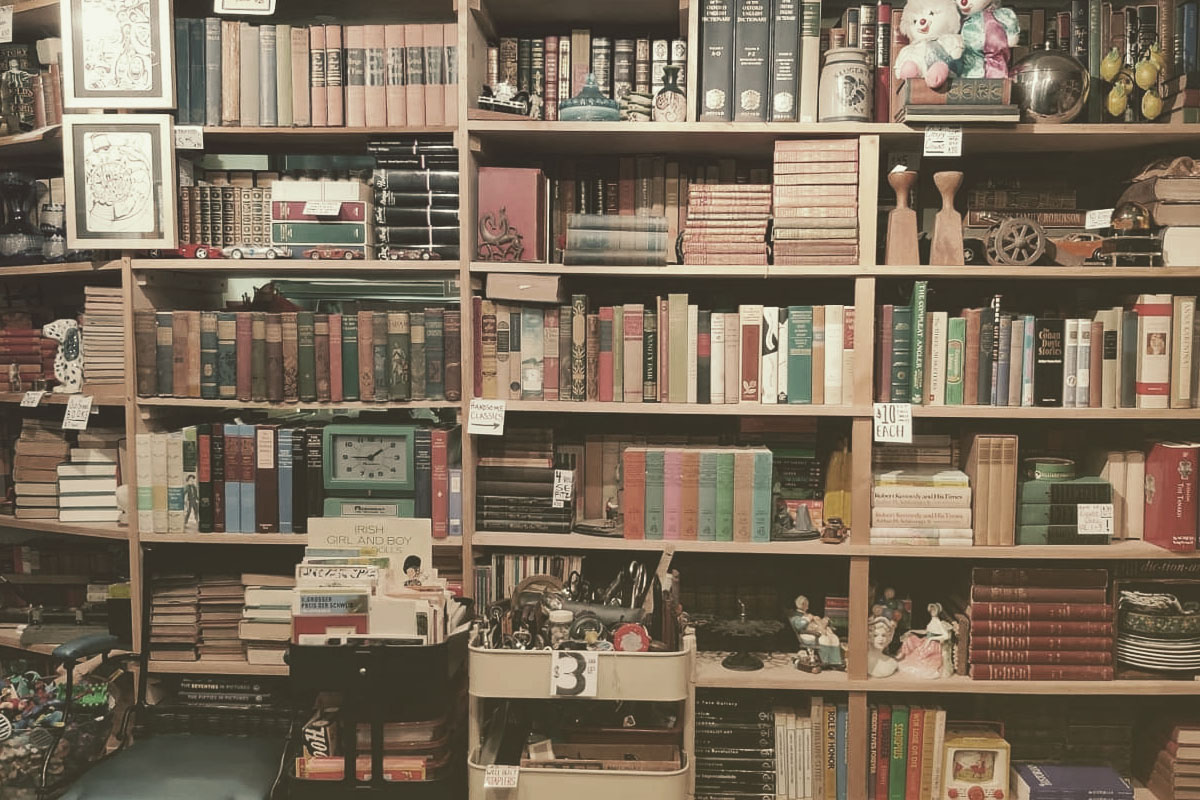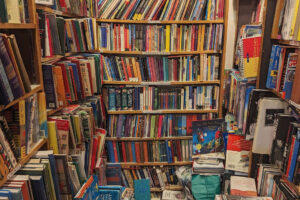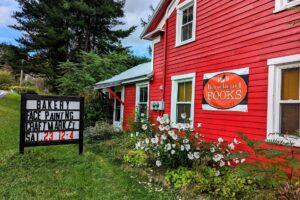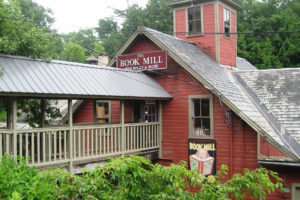As thousands of Americans die of Covid-19 every day this winter, the concept of worrying about going bookshop hunting seems minuscule and silly. But over the last eleven months of dealing with this disease, we’ve gone through a number of transitions or waves, and each of them had to do with one thing—coping.
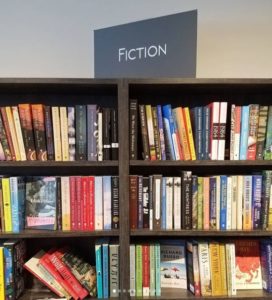
I almost used the word surviving there, but not a lot of us seem very concerned with that, considering the number of full bars I see to match the full ICUs in local hospitals. But coping, the struggle to retain some sense of normalcy, that’s something we’re all doing, whether we’re staying in or gallivanting out maskless and witless, dancing along to the pied piper of “individual freedoms.” But coping, that’s what unites us all, especially those of us who yearn for that cozy bookshop browsing experience.
In the summer of 2020, it felt possible to don a mask and go to a shop with only moderate hesitation. Stores learned that if they could control the numbers and throw up plastic barriers, the browsers would come and they could remain open. This ability to help local shops keep going during such a horrific time for our economy and our humanity is no secondary reason. If we don’t support them now, they may not be there when “this is all over.” So, we go, and they try to stay open, and it’s a meticulous balance. There are laws to consider, and there’s also stupidity to be wary of. The noses poking out above masks. The people who pull masks down to talk on phones. You know all the variations; you’ve seen them.
But we deal with them because we are coping. We dodge and weave and hope to God we didn’t just breathe in a lungful of Covid just to pick up the new Stephen King or a replacement copy of Steinbeck’s The Winter of Our Discontent (which I did last summer; how’s that for foreshadowing?). And the summer of coping brought on a series of wonderful discoveries in our area. I found a slew of shops that were new to me during that period, that tentative summer, mainly in the Hudson Valley and Catskills.
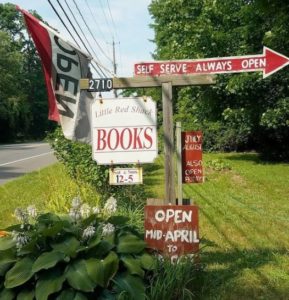
Briars & Brambles in Windham, a delightful little shop that you may not even realize was there from its inauspicious exterior, had a table inside the door that requested all customers not only wear a mask but use their hand sanitizer before entering. Clean thyself before you browse—a rule that they and many other shops may want to consider implementing even post-covid. Odyssey Books in Ithaca did the same, and even had a staffer posted at the door to greet you and kindly escort you to their own sanitization station. If only grocery stores did the same thing, because I’ve seen some of the most heinous lack of hygiene at local Market 32 shops. I’ve seen far too many maskless shoppers cough into their hands and open a freezer door, and each time I’d immediately run home to bathe in Lysol. But at these bookshops? I rewarded such requests by buying an extra book to show my support.
There were also shops that tried, but there’s no stopping the onslaught of human indifference. The Golden Notebook in Woodstock erected barriers for the staff desk and had signage requesting only certain numbers of shoppers in at the same time, and for a limited time, but the massive crowds in Woodstock this autumn must have made that hard to enforce. Those with and without masks all turned my journey from car to shop and back again into a game of Frogger. Instead of leaping out of the way of trucks or floating logs in a river, I leapt out of the way of a barrage of Patient Zeros dressed in L.L. Bean casualwear looking for the best organic restaurant to spread some of their germs and good cheer. I sometimes wonder how many of them are still with us—a morbid and sad thought, though one I’m sure many of us have had over the last year.
There were also exceedingly safe shops, ones that gave me no anxiety at all, such as the local book barns with outdoor browsing experiences. The Little Red Book Shack in northern Dutchess County is a small series of outbuildings and barns where I was the only one looking around in late August, and even then I remained masked. But the stress levels were so low in outdoor experiences like that one that for a few moments here and there it almost felt like old times again, no covid at all. Bookshops in the town of Hobart were also remote enough from summer shoppers that I almost had each shop to myself. Ah, to browse in peace; even with a mask that’s a fine feeling.
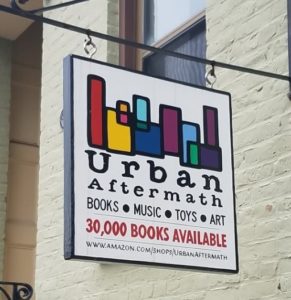
And Urban Aftermath and I Love Books, both in the Albany area, have taken very conscientious measures to limit the number of shoppers in their small but bustling stores, so much so that being there and browsing felt supremely safe. Sometimes just knowing how serious the owner takes the threat of transmission is enough to calm your fears and open your wallets, all in the name of keeping your shelves at home full and keeping your favorite shops in business.
But it feels like the coping methods we’re using aren’t always doing the job, and the numbers of cases and deaths only get worse as we enter the heart of the winter. There are hopes the vaccine will make this spring and summer better than the last, but that remains to be seen. In the meanwhile, there are still ways to support your local favorites without endangering yourself or others. Call them up. Most have curbside delivery. Or ask them about when their traffic is the lightest. You can also use Bookshop.org, which is like Amazon except it supports indie bookstores rather than competing with them. I highly recommend them, and yet nothing beats good old browsing, does it? Until we can do so again without worry, I urge you to support your local indies any way you can in the safest manner possible. Though we may worry about our favorite shops and loved ones, the books will still be there long after covid is gone, and I hope you and I will be too.

